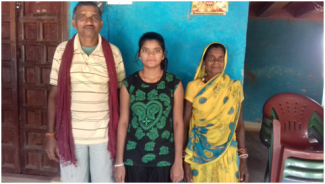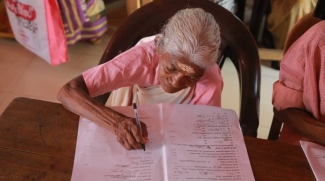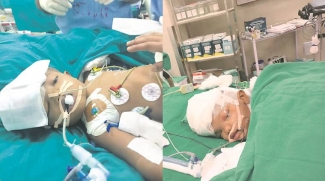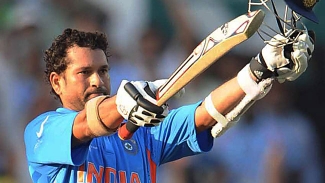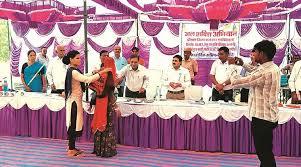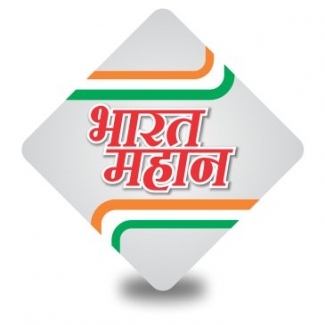
TB is a disease which is largely curable and preventable. “We are committed to achieving zero TB deaths and therefore we need to re-strategize, think afresh and have to be aggressive in our approach to end TB by 2025.” This was stated by Union Minister of Health and Family Welfare J P Nadda, at a function on the occasion of ‘World TB Day’, on Friday.
The Health Minister announced that the National Strategic Program (NSP) will be finalized in one month and will be rolled out across the country. He informed that India’s National TB Control Programme has been recognized as one of the most successful Public Health Programmes. Still we are facing this task of high incidence of Drug Resistant TB. “Drug resistant TB is a growing threat and the diagnosis and treatment is much costlier. We have gone deep into the reason of such a situation and have decided to take a head on attack on the root cause of the disease,” the Minister said.
“A high proportion, almost 92% of TB patients with HIV has been put on antiretroviral therapy, The government has rolled out more than 500 CBNAAT machines in one year, offering rapid quality diagnostics, linking at least one such machine for each district and these steps have led to 35% rise in the Drug Resistant TB case notification in 2016. New anti-TB drug Bedaquiline has been introduced under Conditional Access Programme (CAP) to improve outcomes of drug resistant TB treatment,” Nadda elaborated.
The Health Minister reiterated that keeping TB at bay is everyone’s responsibility, including the private sector to provide quality TB care to all TB patients. “Every TB patient should be able to access treatment without fear of stigma or unwarranted retrenchment.”






